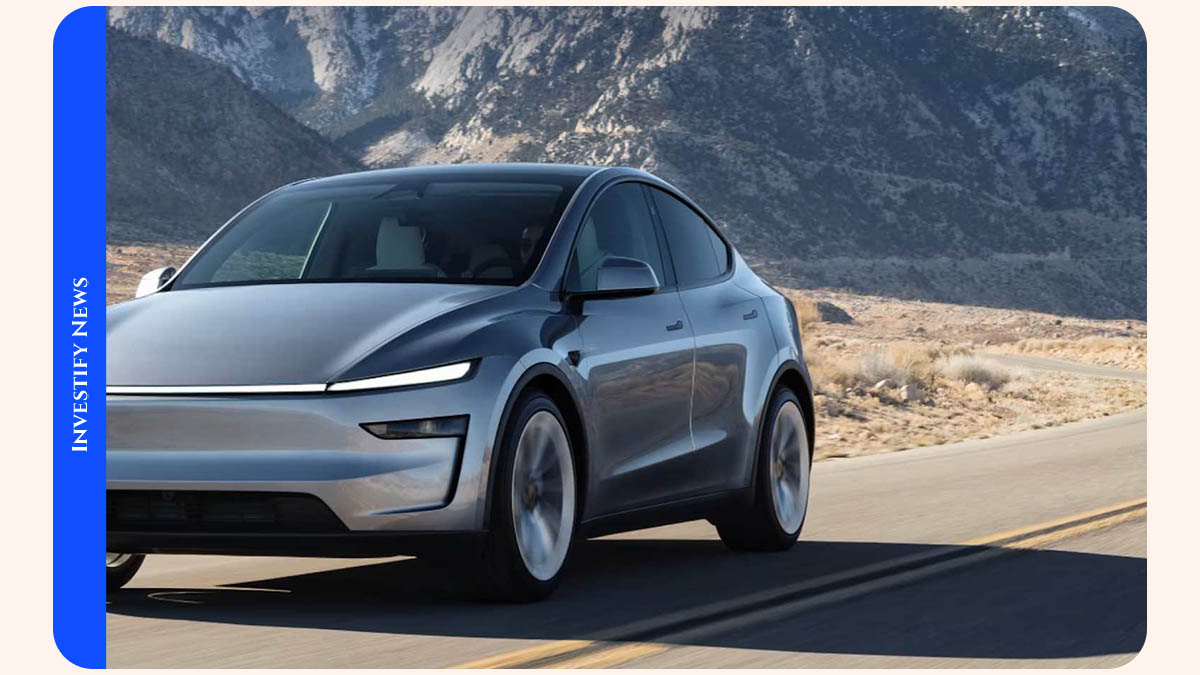Interest in electric vehicles (EVs) in the U.S. and Europe has declined, even though sales are continuing to grow.
Despite impressive growth in EV sales, especially in China and Europe, consumer interest in switching is falling in the U.S. and Europe. What is happening, why it is important, and where there are opportunities.”

1. What’s Going On: Sales Rising, Interest Falling
- Sales Are Up:
Global EV and PHEV sales climbed around 24–30% year-over-year in April and May 2025, with 1.6 million vehicles in May, including 0.33 million in Europe (up ~36%). - Willingness to Switch:
Shell’s survey of 15,000 drivers found Europe’s interest dropped from 48% to 41%, while in the U.S., it fell from 34% to 31%.
🧩 Paradox: People keep buying EVs—but fewer are willing to buy one in the first place.
2. Main Barriers Deterring Interest
a) Price Premium
EVs still cost up to 30% more than equivalent petrol or diesel models. The higher upfront cost is the biggest deterrent.
b) Charging Woes
Only 17% of Europeans consider public charging “good value,” versus ~70% in the U.S. and China. Despite infrastructure growth, frustrations persist.
c) Policy Uncertainty
- U.S. EV registrations fell ~4.4% in April 2025—the first YoY drop in 14 months—amid concerns over disappearing federal tax credits and looming tariffs.
- Europe’s subsidies are being rolled back—Germany ended its €4,500 EV grant in late 2023—causing stagnation in adoption.
d) Political & Brand Distrust
Tesla’s European registrations dropped sharply—even while overall EV sales surged—largely due to backlash against Elon Musk and competition from Chinese brands like BYD.
3. Contrast: China Leads the Charge
- China’s EV ecosystem is thriving—monthly sales surpassed 1 million in May, aided by subsidies, homegrown models, and lower costs.
- Consumers there are much more optimistic. 74% said charging improved—compared to 50% of Europeans.
This demonstrates how cohesive support—encompassing policy, manufacturing, and pricing—can effectively sustain both sales and customer intent.
4. Why This Matters for Everyone
- Market Growth Isn’t Enough
EV sales growth can mask fading consumer confidence—without addressing hesitations, future growth may stutter. - Policy Signals Influence Buyers
Ending incentives sends a message: if governments won’t invest, why should consumers? - Infrastructure & Branding Still Weak
Charging must be reliable and affordable. Tesla’s brand slide shows how public perception matters more than performance.
5. Where the Opportunities Are
🔧 Automakers
- Offer affordable models and reduce complexity.
- Bundle charging incentives or warranties.
- Highlight lifetime cost savings over ICE vehicles.
🏛 Governments
- Stabilize EV tax credits and subsidy policies.
- Push investment in fast-charging corridors.
- Encourage fleet electrification through mandates.
⚡ Charging Networks
- Improve charging availability and pricing transparency.
- Promote workplace and residential chargers.
🧠 For Buyers
- Now is a good time to lock in tax credits or rebates.
- Consider smaller or PHEV models for hybrid flexibility.
- Keep an eye on depreciation and resale trends.
6. What’s Next: Trends to Watch
| Trend | Key Details |
|---|---|
| Policy shifts | U.S. tax credits and EU tariffs could impact pricing and adoption. |
| EV infrastructure | Fast-charging network growth is essential. |
| Brand battles | Tesla, BYD, VW, and Hyundai will lead the charge. |
| Consumer trust | Will sentiment rebound as more models enter the market? |
Conclusion
Rising EV sales are promising, but the dip in consumer interest is a red flag. To turn curiosity into confidence, the ecosystem must address pricing, trust, infrastructure, and consistency.
The good news? We’re still early. Smart policies and innovation can steer this back on course. EVs remain the future, but they need full-circle support to power forward.
Your point of view caught my eye and was very interesting. Thanks. I have a question for you. https://www.binance.com/fr-AF/register?ref=JHQQKNKN
Thank you for your sharing. I am worried that I lack creative ideas. It is your article that makes me full of hope. Thank you. But, I have a question, can you help me? https://www.binance.info/register?ref=IHJUI7TF
Your point of view caught my eye and was very interesting. Thanks. I have a question for you. https://accounts.binance.info/fr-AF/register-person?ref=JHQQKNKN
Your article helped me a lot, is there any more related content? Thanks! https://accounts.binance.info/bg/register-person?ref=V2H9AFPY
Your article helped me a lot, is there any more related content? Thanks!
I don’t think the title of your article matches the content lol. Just kidding, mainly because I had some doubts after reading the article.